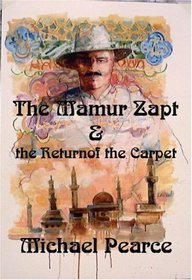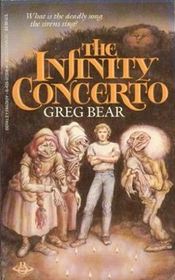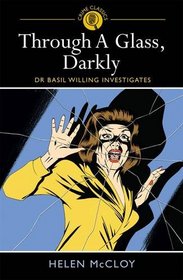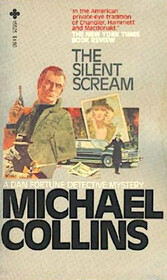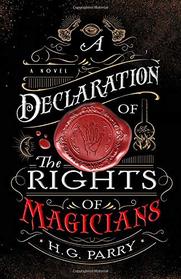The Martian by Andy Weir
Review by Cyndi J. (cyndij)
Before THE MARTIAN was a hit movie, it was a successful near-future science-fiction novel. Andy Weir created an immensely likeable and humorous protagonist in astronaut Mark Watney, who absolutely has the right stuff.
Watney is the sixth member of an astronaut crew sent to spend a few weeks on Mars, testing survivability and conducting experiments. They’ve only been there a couple days when a vicious storm blows in, forcing the mission to abort. On their way to their shuttlecraft, a piece of debris skewers Watney, blanking out his spacesuit’s telemetry signal and knocks him unconscious. Because of the dust storm, the crew can’t see him nor can they hear any signal from his suit. They can’t search long because of the storm. Believing him dead, they take off. When Watney finally comes to, he’s alone on Mars with no chance of rescue for years.
How Watney manages to survive his ordeal makes for great reading. Watney’s first-person log accounts capture his determination, never-say-die attitude, humor and inventiveness, and not to mention loneliness of his situation. Weir delighted in coming up with various survivable disasters that might happen to a crew on a distant planet, and he throws most of them at Watney.
Interspersed with Watney’s account are scenes back at NASA and JPL, and later the spacecraft. The characters are distinct, and they talk like real people. Again, there are many scenarios that you can readily imagine playing out.
The thing that might put off many is the incredible amount of scientific detail that’s gone into this book. Let me reassure you there are no equations although there is Mark Watney telling you about the equations he’s doing, but in an understandable way. For every disaster that Watney encounters, there’s a solution and he tells the reader exactly how he’s going to solve it. This means a lot of explanatory detail and for some, that’s just going to slow down the narrative too much. Personally, I loved it. All the things that Watney does, those are real or something that soon could be real – no faster-than-light travel, no magical Force, no handwavium physics. There’s chemistry, astrophysics, astrodynamics, botany, and duct tape. Yep, duct tape works just as well on Mars as it does here.
My only other criticism is that Watney is almost always upbeat, always ready with a quip. I like to think because his log is meant for future readers, his astronaut training isn’t going to allow him to break down “in public” as it were, so Weir never lets us see Watney in real despair.
I am someone who will go back and re-read books I really like, This is my second time around with THE MARTIAN, and I still think it’s excellent.


